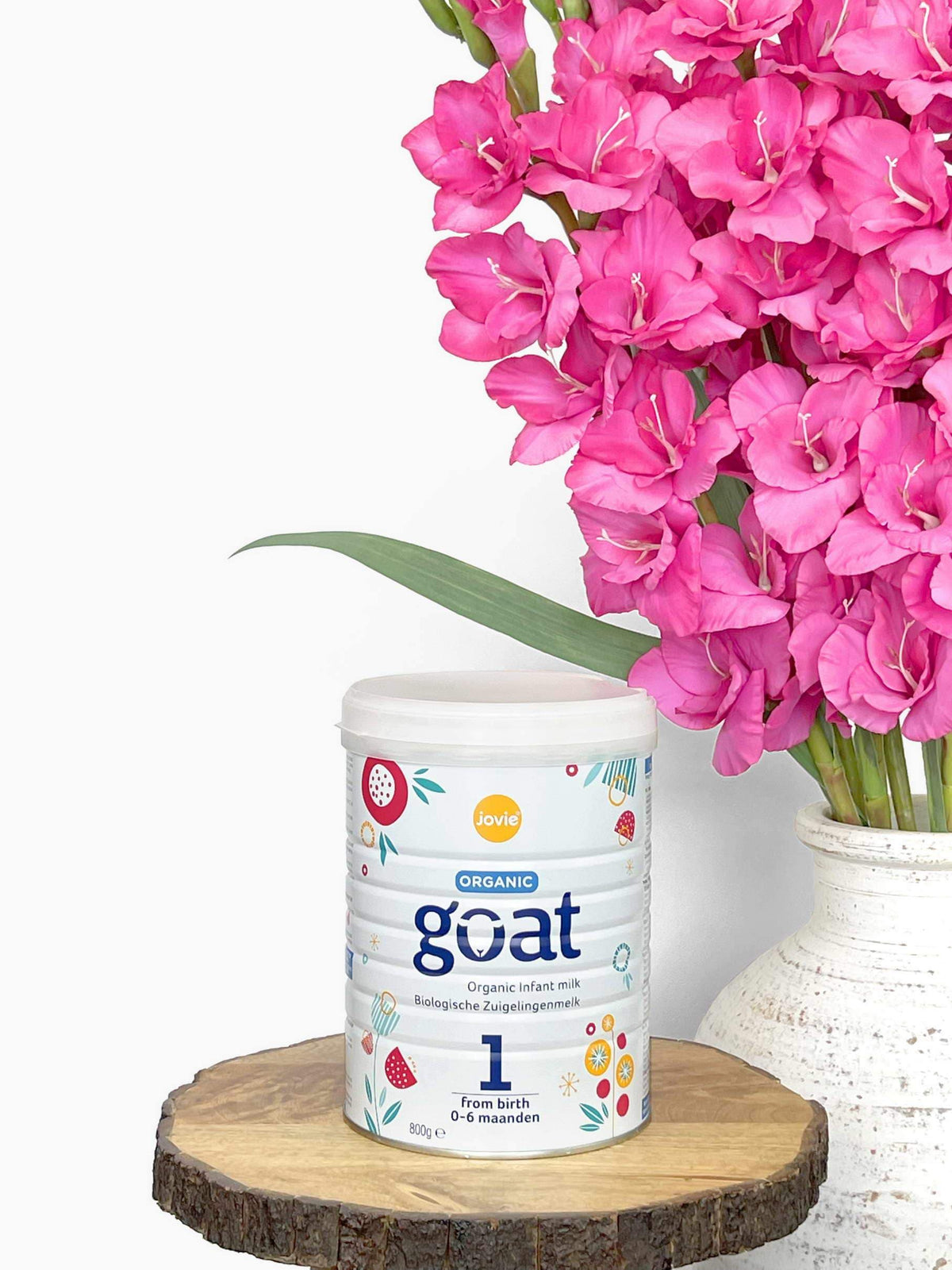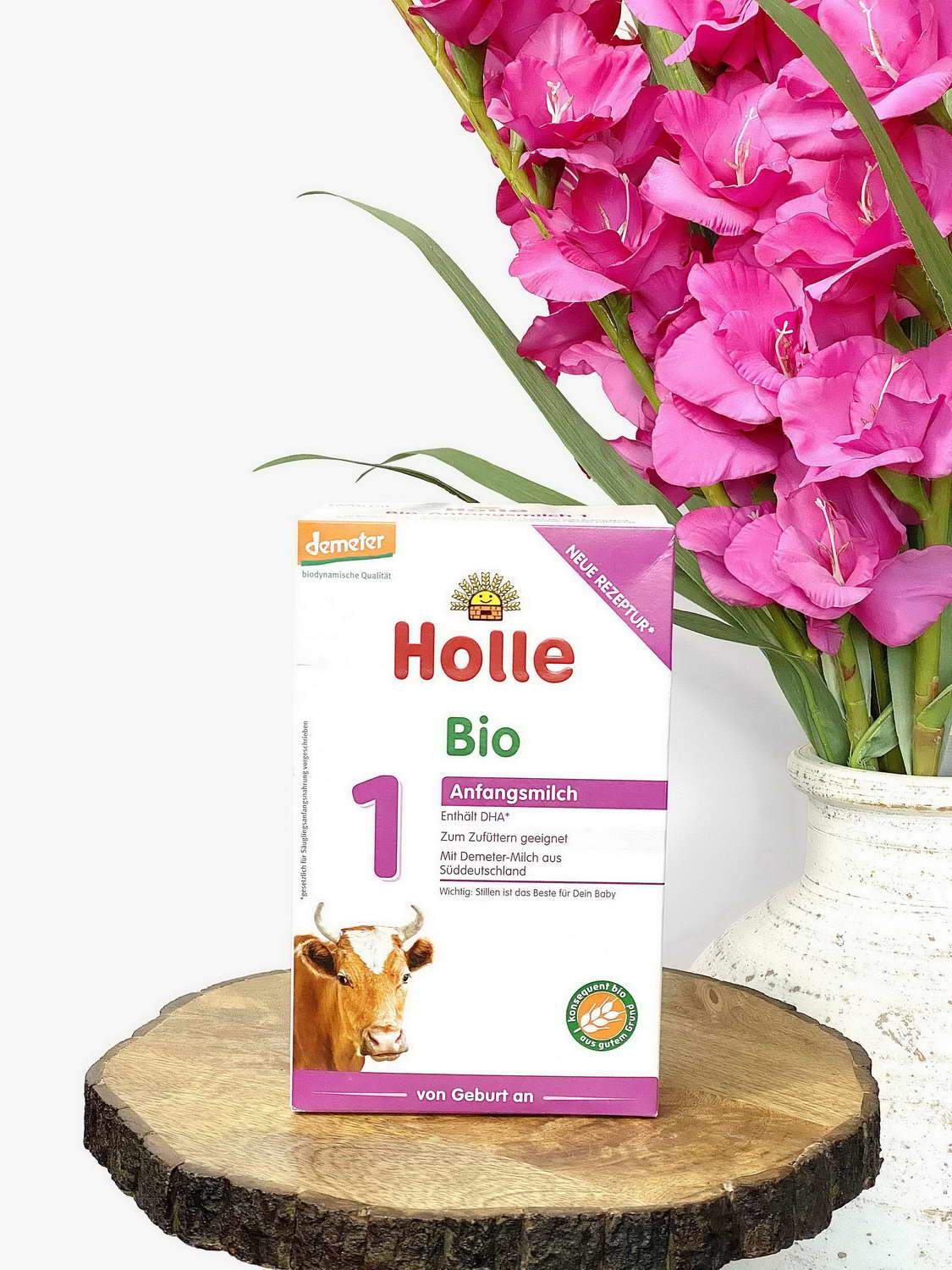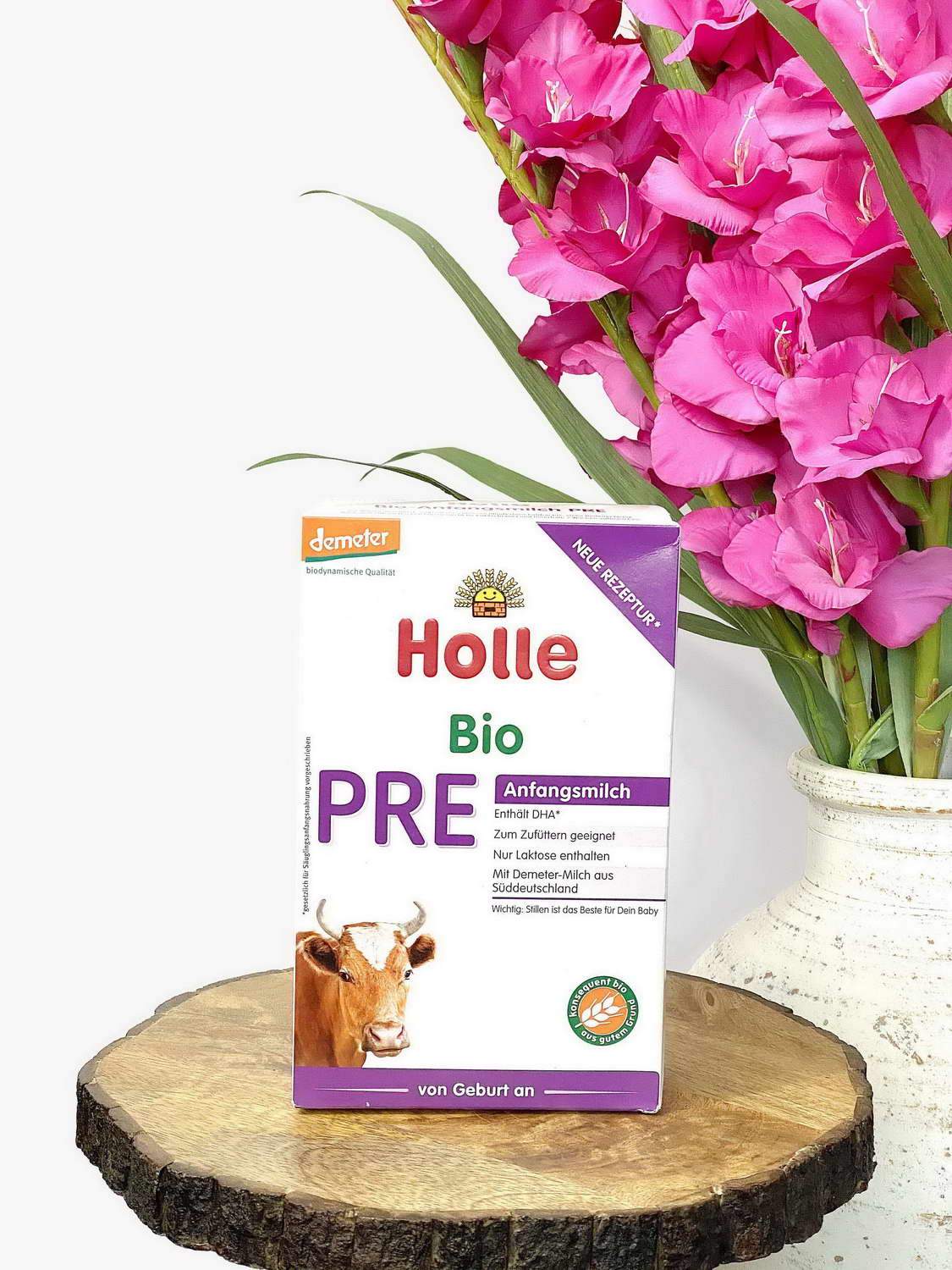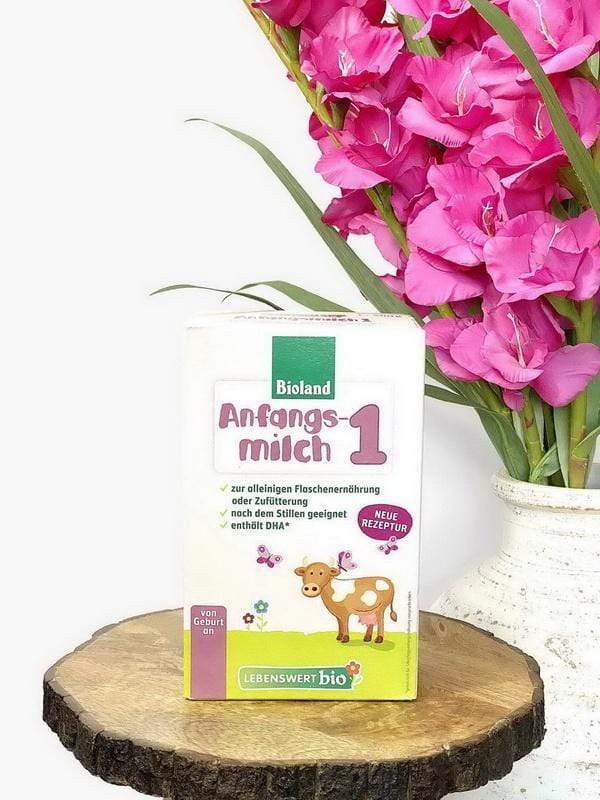Getting enough water every day is essential for all families’ physical health and mental clarity. Babies have the most significant percentage of body water, about 78% at birth. As your infant grows and develops, this amount drops.
It only makes sense that we feel better as adults keeping dehydration at bay, so what about babies? Should they be drinking water throughout the day? The answer is yes and no.
Read on to learn when it is appropriate to introduce water to your little one.













